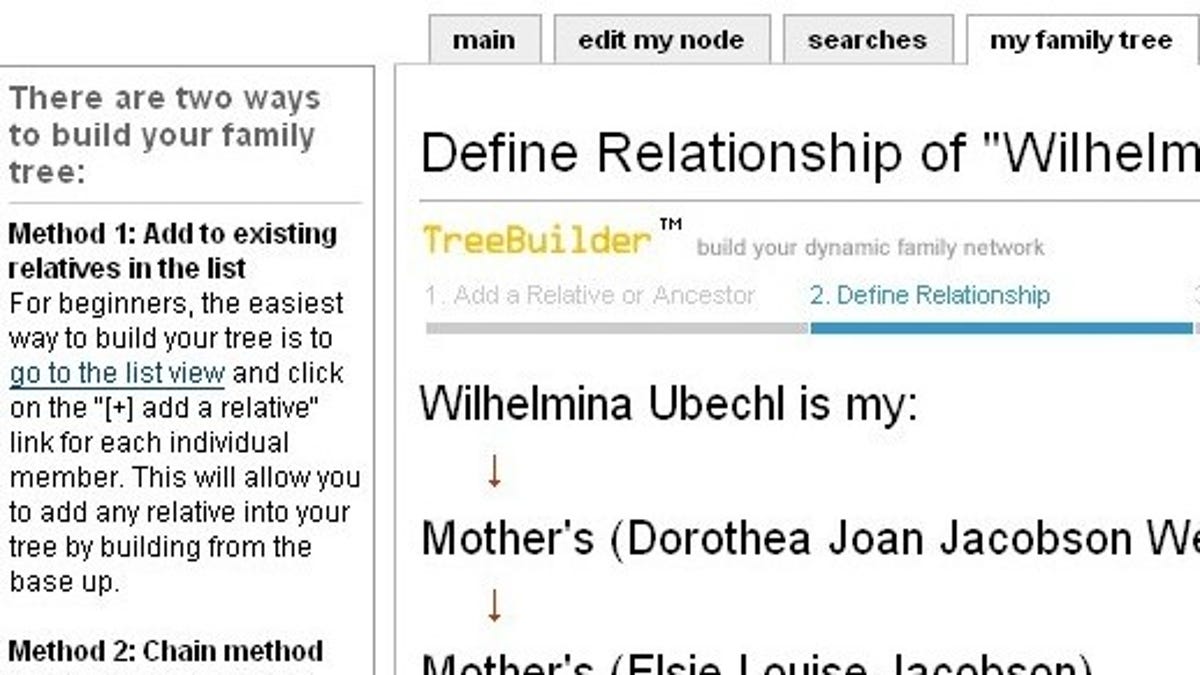Social networking, circa 10,000 B.C.E.
Genetic testing meets social networking.

You could spend a lifetime researching your family history and never complete the work. Yet while you may never learn your great-great-great-grandfather's true birthday, DNA tests can dig up family tree roots more than a hundred thousand years deep. You can unearth and share that genetic data through the Genebase Bionet Builder beta, which also lets you draw a digital family tree, write a blog, and network online with potential cousins, many times removed. Why not count more kin for the holidays? Some Genebase users have tracked a whopping 9,000 relatives. The site even tells if Marie Antoinette or other notorious figures may be related to you (although I'd be more intrigued to learn about any revolting peasants.)
The Web site of the Genographic Project, a joint effort of National Geographic and IBM, beautifully illustrates epic, genetic journeys. A swab of the cheek and $100 later, you'll learn where some of your predecessors lived and migrated. Your anonymous results join the project's research database.
Unfortunately, women only get details about the maternal line through their mitochondrial DNA, while men learn about their father's line by tracing Y chromosomes. I'd have to buy kits both for myself and my father to learn about both sides of my family. That would cost about $200 through the Genographic Project and more than $300 for a detailed, dual analysis through Genebase. Too bad you can't submit your results from a third-party lab to Genebase so that you could help the Genographic Project's research and take advantage of Genebase's Web 2.0 tools at the same time. Disturbingly, Genebase displayed my password on the screen once I set up an account. Tsk, tsk. Please fix this security slip, Genebase.
As long as we're on this subject, don't overlook FamilySearch.org, the world's largest geneaological records library, as well as Cyndi's List, or Ancestry.com. I imagine that more of these reference gems will eventually integrate DNA results with their online resources.